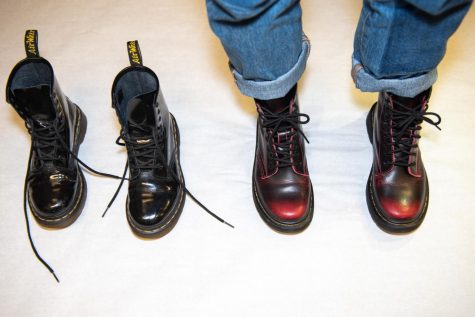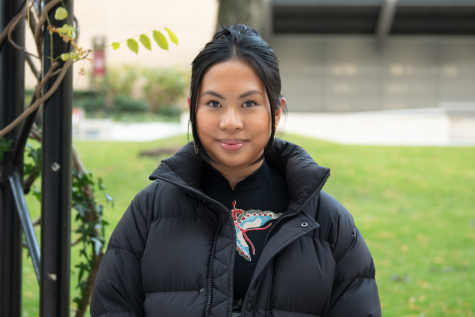Fordham’s Overachievers Are Overwhelmed
Returning to in-person school has been taxing in terms of workload and mental stress
Students cannot be expected to resume their same lives as before the pandemic.
November 9, 2021
Fordham is overflowing with overachievers. Everyone I know is part of at least one club while also either holding a job or internship and still maintaining high grades. All of this juggling seemed to come naturally to students here until this semester.
As difficult as the pandemic was for students and teachers alike, online learning did have its perks, like casual Zoom attire, lots of flexibility from professors and never having to leave the comfort of your own bedroom for any meetings. You could go from philosophical ethics to an Observer meeting to your therapy session without moving an inch.
But this year, the norm has changed for students yet again.
The added anxiety that many have been feeling lately has been termed “re-entry anxiety.”
After a year and a half of online learning, students have been thrown back into fully in-person classes, clubs and work and are struggling to keep up with it all. Balancing all these tasks at once used to come easy, but now students’ stress and anxiety levels are heightened from being thrown back into “normal” schooling after finally getting acclimated to online learning.
The added anxiety that many have been feeling lately has been termed “re-entry anxiety”: anxiety about life returning back to normal after isolation.
Of course the university’s goal was always to get us back to this point: fully in-person classes, crowded elevators and full dorm halls. But at what cost to students’ mental health?
The university faculty are not wholly at fault for the struggles students are facing this year. No one was prepared when COVID-19 initially hit, so no one really knows how to proceed as we are slowly exiting this pandemic. However, the constant academic learning changes are becoming too much for us to handle.
First, we were yanked out of our classrooms, forced to pack up all of our belongings and head home on a random Friday in March 2020. Online learning was extremely difficult in the beginning, but as the next year and a half went on, we adjusted to “Zoom University,” finally regaining a sense of comfortability and routine.
But our normalcy has changed once again. Now we are back in classrooms, surrounded by our peers and professors once again. It’s what we’ve wanted since we were sent home in the first place, but we have had no help adjusting to this sudden change. It feels like we are being yanked back and forth, a force tugging on each of our arms, and we are just expected to readjust with a snap of the university’s fingers.
We can’t just be expected to pick up where we left off two years ago — too much has changed.
Now, we’re exhausted. The stresses keep mounting, and though our time management skills have collapsed, professors are much less lenient this year than they had been virtually.
In hindsight, it would’ve been better for the university to set up some kind of transition period for students. Classes could have started fully remote, then turned hybrid and then transitioned into fully in-person. Or, professors should give students an option to join class online when needed. Students’ input should have been taken into account because the lack of leniency, sympathy and any sort of transitional period has been brutal.
We can’t just be expected to pick up where we left off two years ago — too much has changed. There’s no reason for professors to be unwilling to accommodate students anymore; COVID-19 hasn’t gone anywhere. If anything, our lives are more hectic than ever. We should be allowed to join class via Zoom if we are sick, are having a bad mental health day or just need a break.
But hey, what do I know? I’m just one of those students drowning in all of the tasks they have to do in a day.




















